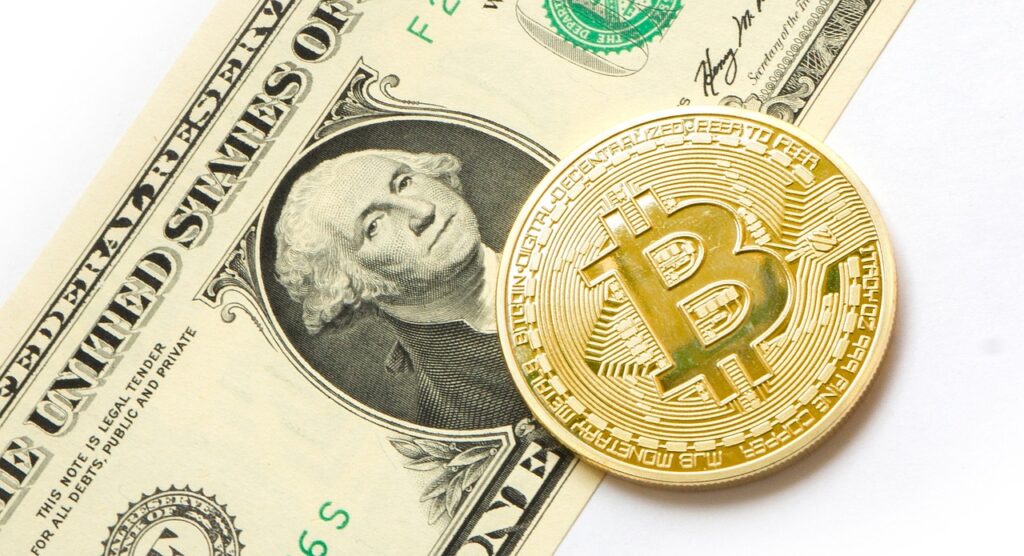Japan and Thailand are taking contrasting approaches toward Bitcoin, reflecting differing priorities and challenges in their financial ecosystems. While Japan has dismissed the idea of incorporating Bitcoin into its strategic reserves, Thailand is exploring its potential as a payment method in tourism hubs.
Japan Dismisses Strategic Bitcoin Reserves
On December 26, Japanese Prime Minister Shigeru Ishiba firmly rejected the proposal to include Bitcoin in Japan’s national currency reserves. The decision stems primarily from the cryptocurrency’s volatility, which officials see as a significant risk to financial stability. This move follows a proposal by lawmaker Satoshi Hamada, who advocated for a strategic Bitcoin reserve to keep pace with emerging global trends. However, Ishiba emphasized that Japan lacks sufficient data on how countries like the United States plan to implement similar reserves, leaving the nation cautious about embracing such an initiative.
Thailand Eyes Bitcoin as a Tourism Payment Method
In stark contrast, Thailand is considering Bitcoin as a potential payment option for its booming tourism industry. Former Prime Minister Thaksin Shinawatra has proposed a pilot project in Phuket to transform the popular destination into a hub for digital payments. The initiative aims to attract tech-savvy travelers while boosting the local economy. Although the Bank of Thailand currently bans cryptocurrency payments, the proposal has drawn significant attention. Nirun Fuwattananukul, CEO of Binance Thailand, has voiced support, highlighting the potential of the initiative to position Thailand as a leader in crypto innovation within Southeast Asia.
Market Implications
Japan’s cautious approach underscores the challenges of integrating Bitcoin into traditional financial frameworks, especially for risk-averse economies. Conversely, Thailand’s bold move to experiment with crypto payments could set a precedent for emerging markets looking to capitalize on digital assets for economic growth. For investors, Thailand’s initiative might spark interest in tourism-related blockchain projects, while Japan’s stance reflects Bitcoin’s lingering challenges as a stable asset.
Disclaimer: This article is for informational purposes only and does not constitute financial or investment advice.







